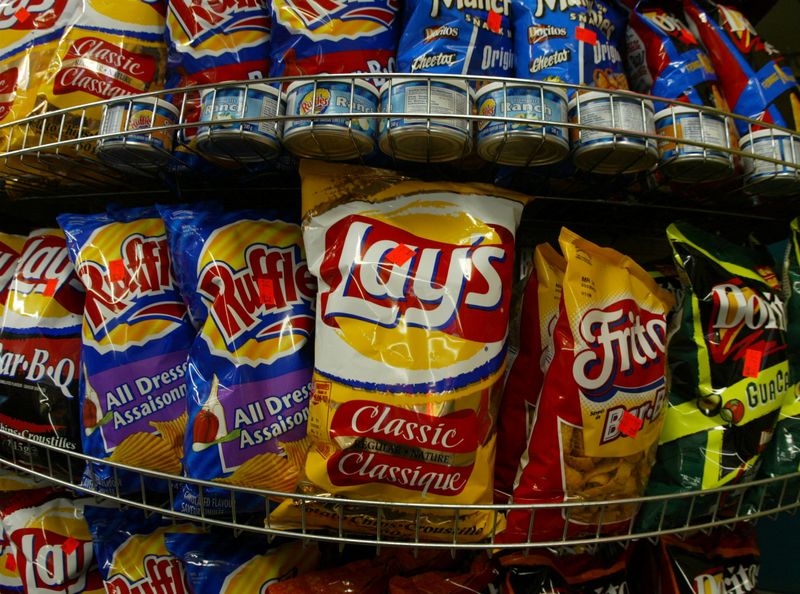AMSTERDAM (Reuters) - PepsiCo (NASDAQ:PEP) on Friday announced plans to phase out use of natural gas at a factory in the Netherlands and adopt a system based on renewable electricity to make its deep fried snacks in an industry first that Pepsi says could become a template.
The project in the Dutch town of Broek op Langedijk, where Pepsi makes 1.6 million bags of Lay's and Cheetos crisps annually, will replace 4.5 million cubic meters of gas annually, saving 8,500 tonnes of carbon dioxide emissions.
Reducing natural gas usage has become a priority in the Netherlands as Russia has cut supplies to Europe and gas prices have quintupled.
The system uses an electrical resistance heater to turn electricity into heat, a heat storage system, and heat transfer to circulate the thermal oil that powers the factory's fryers.
This will replace one 25 megawatt gas-fired boiler at the factory in the first phase, cutting emissions in half.
"If this works, we can replicate it in other locations all around the world," Pepsi spokesman Japo Ouwerkerk said.

Dutch energy company Eneco, owned by Mitsubishi, is supplying electricity from nearby solar and wind farms. Germany's Kraftblock makes the heat storage system.
Construction in Broek op Langedijk, 90 kilometres north of Amsterdam, is scheduled to be completed by the end of 2023.